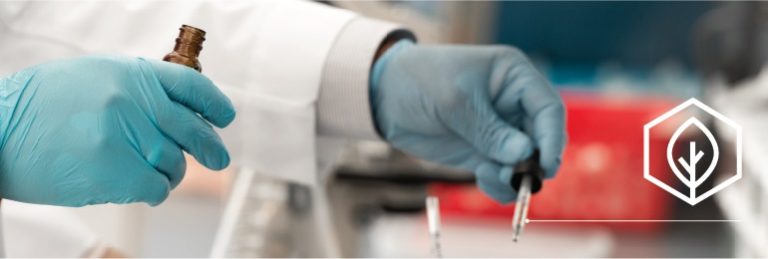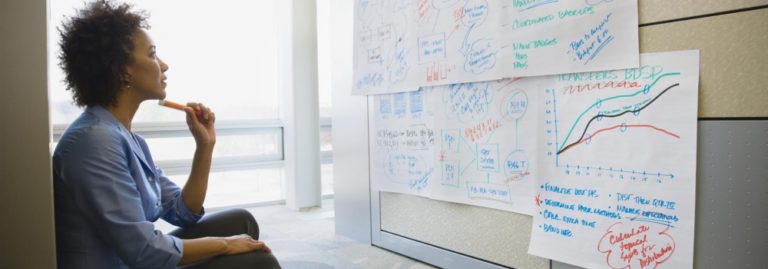By John Lynn, founder, Healthcare Scene
I was invited to attend TEDMED as a guest of Xerox and what an experience it was. If you missed my first post about the TEDMED experience, you’ll want to start with that post to provide some context to this one. The first day and a half that I describe in that post was a whirlwind experience and the second half of TEDMED was no different. However, the second day and a half had a bit of a different twist. It seemed to focus less on the technical side of medicine and more on its emotional and philosophical parts, but there were still a lot of lessons learned.
The reality of writing a TEDMED recap is that you could literally write about every speaker that participated and so you’re guaranteed to leave out some noteworthy talk. With that made clear, let me highlight some of the messages and people that struck me and would likely be useful to a healthcare IT crowd.
Close to the end of the TEDMED conference, Raghava KK took the stage with some really twisted perspectives on how to teach diversity and stretch your mind in new ways. This quote from his talk seemed to teach an important lesson for healthcare, “When you teach perspectives, you teach creativity.” In the insular healthcare environment, we could benefit from learning about outside perspectives. No doubt we see isolated examples of creativity in healthcare. Maybe the reason we don’t see more is because the healthcare industry needs more external perspectives.
Victor Wang from GeriJoy was a delightful person; I guess you’d need to be to start a virtual talking dog company. While his product is interesting in its own right, his approach is where we can all learn something valuable. Victor said: “We are leveraging the global supply of compassion and kindness.” I’m still trying to process the possibilities of that statement. Victor and GeriJoy are using people from around the world to share compassion and kindness with elderly people. I see an amazing untapped potential where technology has the power to deliver humanity. A talking dog is just the beginning.
Eli Beer‘s lifesaving flash mob, United Hatzalah, is something special. I loved his description of “Not viral videos. Viral community building.” The power of community is often forgotten or left untapped.
There was an entire session of TEDMED on death. No doubt this applies to a large number of people in healthcare in a lot of different ways. Amanda Bennett offered a couple insights that seemed to capture some of the essence of the conversation: “Looking at death has taught me how to live.” Plus, if you’re interested in this topic, her discussion of patient denial is a great one. She even borrowed from software development to say: “Denial is not a bug, it’s a feature.”
Roni Zieger, Former Google chief health strategist, announced his new Smart Patients community at TEDMED. He called this and other similar communities a “network of micro experts.” Think of the power these micro experts have when put together in a network. He also pointed out a concept I’d never seen articulated before: “The biggest value isn’t in the data we can predict, it’s in the unexpected connections.” He even applied it to EHR software where he suggested that EHRs were pre-configured and therefore have a hard time seeing emergent trends. His solution: “We need systems that can reconfigure based on the context.”
Marleece Barber, chief medical officer at Lockheed Martin took us all to task when she asked: “If we can land a man on the moon, can we land your butt on a bike?”
Jessica Richman and her company uBiome are part of a growing concept around citizen science. She posed the inspiring question: “Can a citizen scientist win a noble prize?” She believes that if you can ask and answer questions, all you need are the right tools and anyone can be a scientist. I loved her idea of changing science from being a spectator sport on Discovery Channel to a sport that anyone can participate in.
Many of the concepts that Jessica described remind me of patients wanting to be more involved in their healthcare. The growing ePatient movement is a strong one and requires some really challenging shifts in culture. I’m sure I’ll be doing many posts on Jessica’s concepts in the future, but it seems that scientists have similar views to doctors. At the core of the issues to me is the belief that without years of schooling you’re not smart and can’t evaluate complex issues. I don’t want to understate the value of education, but we also shouldn’t understate the value of micromicro experts (to steal Roni Zieger’s term). They can both have a place in the process and working together they can be much more than the sum of their parts.
Two of the most heartwarming and inspiring presentations were Charity Tillemann-Dick and Sue Austin. Charity, the recipient of two double lung transplants, is a soprano opera singer who performed an aria for us. Her story of survival and drive to live is beautiful. Her message of organ donation is an important one, but her ability to inspire you to battle anything in life is priceless.
Sue is a scuba diver, but she does so in a wheel chair. Instead of trying to explain it, watch one of her other TED talks including a video of her scuba diving.
Martin Hoffman tweeted something that summed up TEDMED quite well: “Inspire multidisciplinary collaboration to achieve innovation.” I’d say that goal was accomplished for many.
John Lynn is the Founder of the nationally renowned blog network Healthcare Scene, which consists of 15 blogs that have been viewed more than 10 million times. John can be found on Twitter at @techguy and @ehrandhit.
_______________________________________________________________________________________________________
John Lynn filed this content as a paid contributor to Xerox. The content is the author’s opinion and does not necessarily reflect the views of Xerox.


